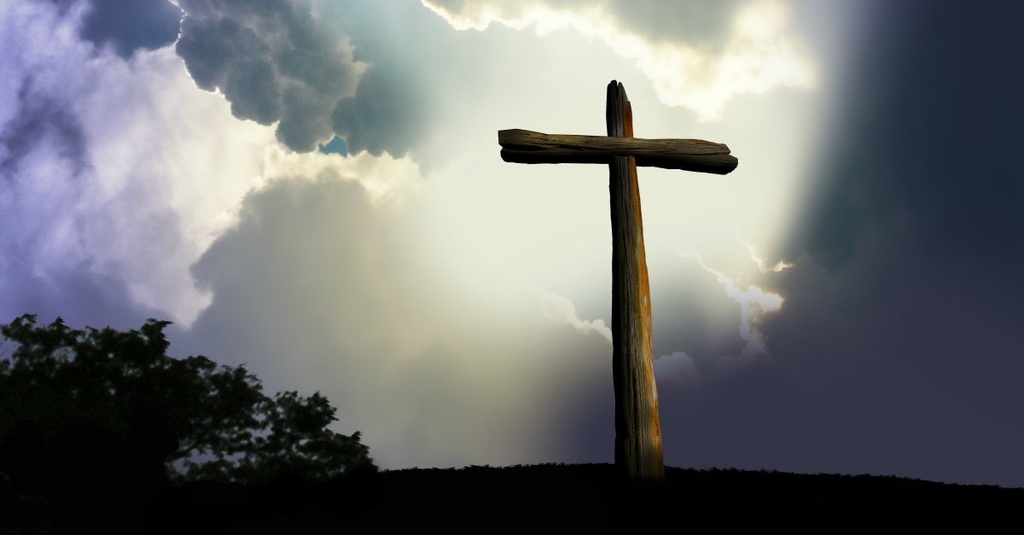
A Humble Assumption
If we believe God is holy and just, we must believe that all that He does is in the context of His righteous, holy will. Whether we see personal fortune or loss, we must believe that God is good.

- Mark R. Rushdoony
It is not too hard to see all around us ample evidences of godlessness, nor is it easy to know how to pray.
Scripture gives us samples of prayers for both judgment and mercy. Humanly speaking, the less personal impact judgment would have on us, the more likely we are to desire it, as with Jonah’s preference that God visit Nineveh with vengeance rather than mercy. To the extent judgment will in some way negatively impact us or that which we care about, we are less likely to desire it, as with Abraham’s concern over God’s visitation on Sodom, the home of his nephew Lot.
Abraham had a very Godly approach, however. It was obvious that Abraham was personally concerned for Lot, but his conversation with God was in terms of a very humble assumption, “Shall not the Judge of all the earth do right?” (Gen. 18:25).
God knows we have vested interests, and He is fully able to sort those out. In the Psalms, David repeatedly asks for God’s intervention on his own behalf. The assumption of our prayers, however, must always be that God will do right, or righteousness, which is the same as justice. We must assume that all that happens is controlled by a just God. Those who react with anger or bitterness at personal tragedy do so because they do not believe God is always good. To believe in a god who only gives us blessings and comfort is to believe in a god who serves us well because we were thoughtful enough to trust him. Such a god is an idol made by man, an image made, not of wood or stone, but of our own imagination.
If we believe God is holy and just, we must believe that all that He does is in the context of His righteous, holy will. Whether we see personal fortune or loss, we must believe that God is good.
Judgment may be part of the unfolding of history in the foreseeable future. Some of this may impact us, and our families, and our finances. Our faith will be tested. The question then will be whether we will be able to say, with Abraham, “Shall not the Judge of all the earth do right?”
The answer to humanism and its statism is Christian faith and liberty. The Chalcedon Foundation is leading in this great mission of Christian education, and we need your support. Click now to donate.

- Mark R. Rushdoony
Mark R. Rushdoony graduated from Los Angeles Baptist College (now The Master’s College) with a B.A. in history in 1975 and was ordained to the ministry in 1995.
He taught junior and senior high classes in history, Bible, civics and economics at a Christian school in Virginia for three years before joining the staff of Chalcedon in 1978. He was the Director of Chalcedon Christian School for 14 years while teaching full time. He also helped tutor all of his children through high school.
In 1998, he became the President of Chalcedon and Ross House Books, and, more recently another publishing arm, Storehouse Press. Chalcedon and its subsidiaries publish many titles plus CDs, mp3s, and an extensive online archive at www.chalcedon.edu. His biography of his father will be published later this year (2024).
He has written scores of articles for Chalcedon’s publications, both the Chalcedon Report and Faith for all of Life. He was a contributing author to The Great Christian Revolution (1991). He has spoken at numerous conferences and churches in the U.S. and abroad.
Mark Rushdoony has lived in Vallecito, California, since 1978. His wife, Darlene, and he have been married since 1976. His youngest son still resides with him. He has three married children and nine grandchildren.